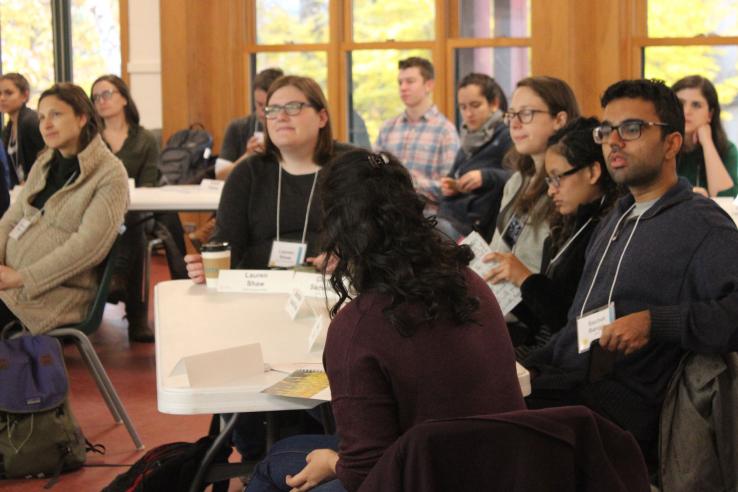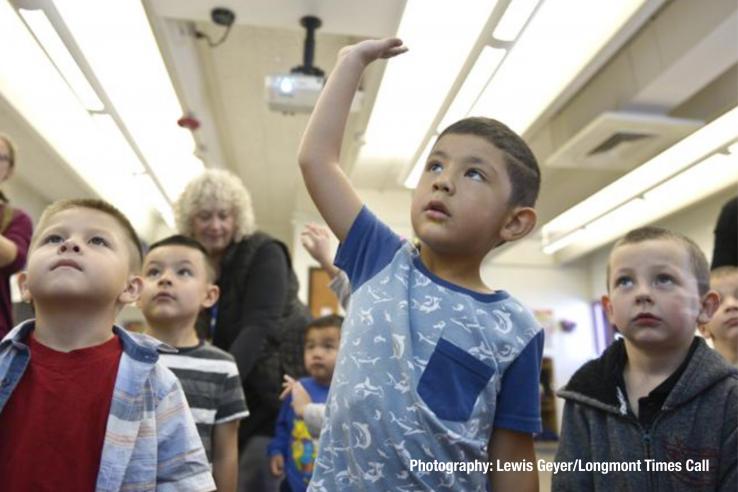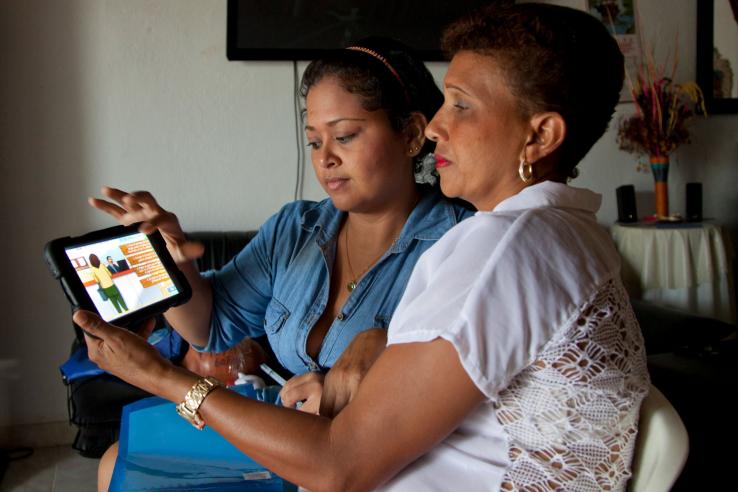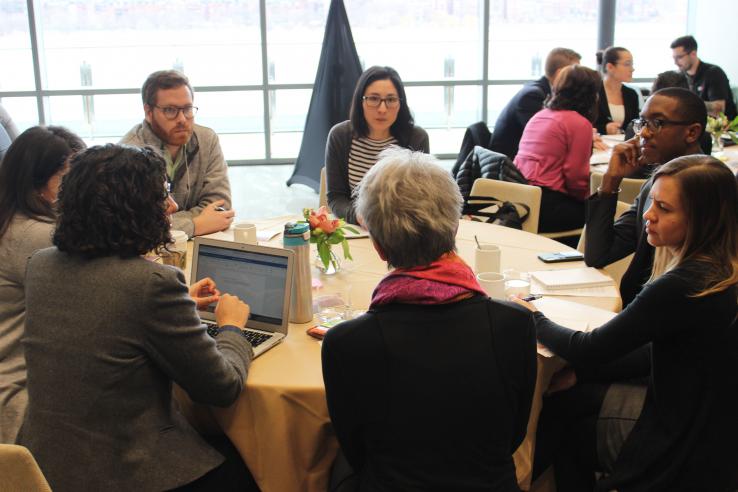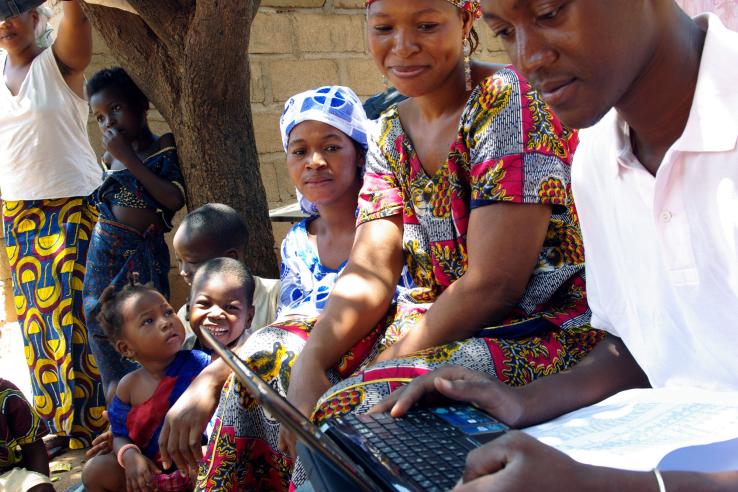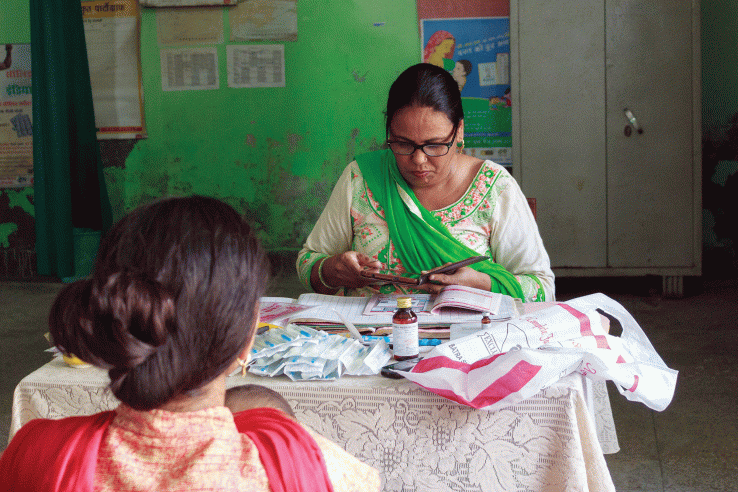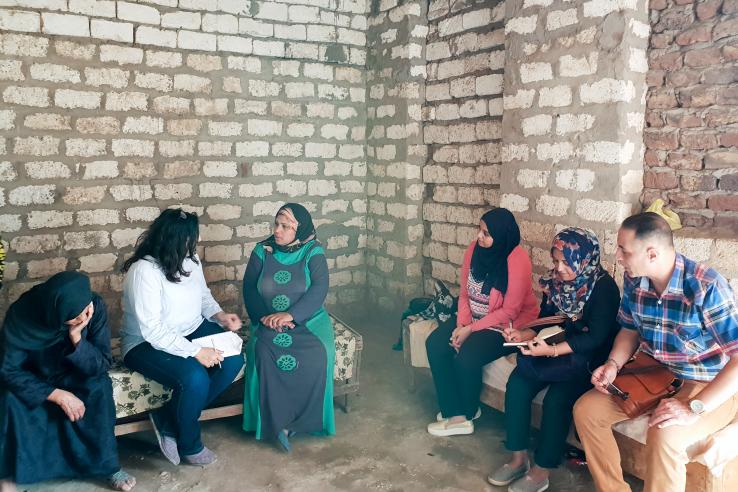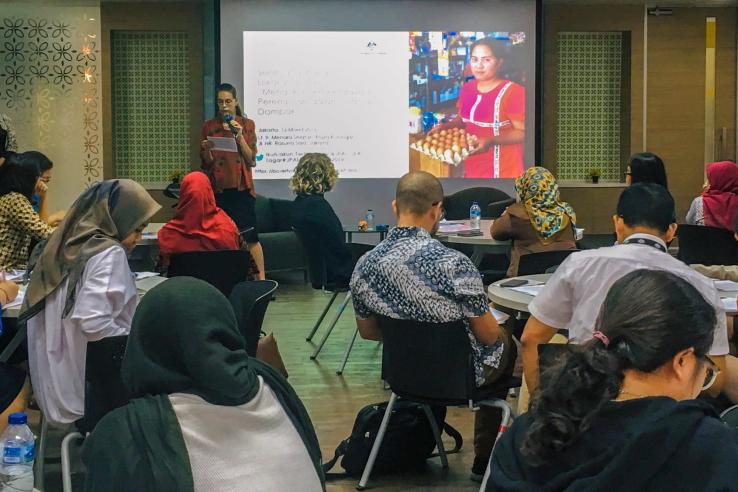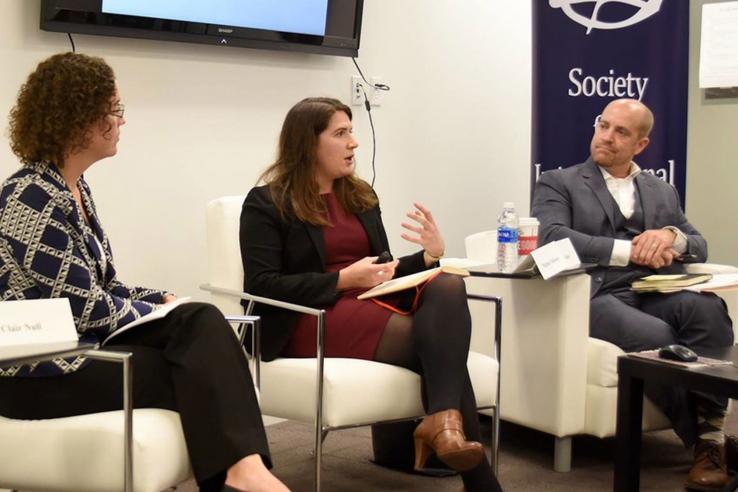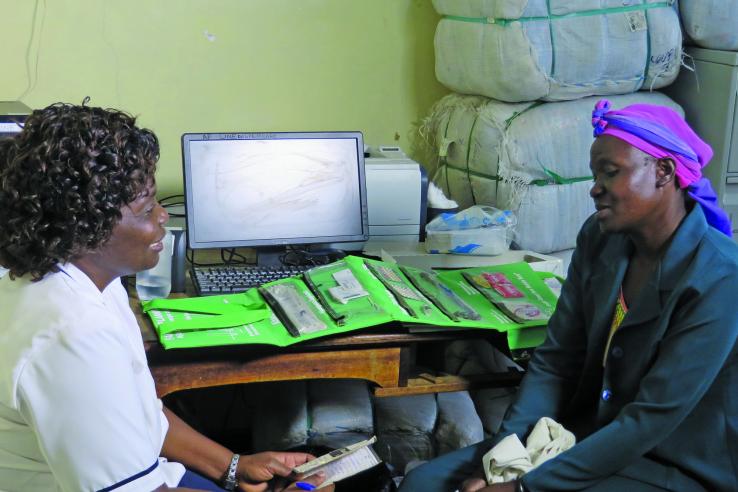Displaying 1441 - 1455 of 8448
Blog
My name is Shane DeRolf. I am the founder and CEO of Big Word Club, a digital learning company committed to improving the vocabularies of every kid in America. It all started about 25 years ago when I quit my job to pursue a dream. That dream was to create great media that helped kids think, learn...
Blog
Seema Jayachandran and Benjamin Olken are the new co-directors of the Development Economics Program at the National Bureau of Economic Research. In their new roles, they aim to promote diversity in gender, race, and methodology. Read the full Q&A to learn more.
Blog
Today we are announcing J-PAL’s Innovation in Government Initiative (IGI). IGI’s mission is to work with governments to adapt, pilot, and scale evidence-informed innovations with the potential to improve the lives of millions of people living in poverty in developing countries.
Blog
In February 2019, J-PAL North America hosted Building Evidence, Advancing Policy, Impacting Lives, - the third annual convening of J-PAL’s State and Local Innovation Initiative - to bring government leaders together on MIT’s campus. Together with academic researchers, funders, and research...
Blog
A critical challenge for developing country health systems is to craft policy that gives individuals with curable diseases like malaria and pneumonia access to potentially lifesaving medical care, while preventing patients from consuming unnecessary medical treatment or getting treated for the wrong...
Blog
As of 2018, one in five women had an unmet need for modern contraceptive methods. Last week, as we marked the International Day for Maternal Health and Rights—just one year before the Family Planning 2020 goals are due to be met—we reflected on the multiple barriers preventing women from achieving...
